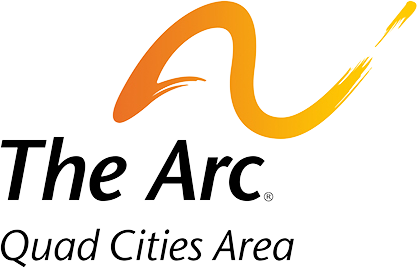Home is in the Community – With the Services to Thrive
For over 70 years, The Arc has been fighting for people with disabilities to live independently with the right supports and lead the same kind of life as everyone else.
People with disabilities and their families want access to a life in the community, no matter the level of supports necessary to make that happen. But when they try to find what they need, too often the system fails them.
Everyone benefits when people with disabilities are a part of the fabric of our communities, not locked away in the archaic institutions that still exist in 36 states. Institutions are large, often crowded places that limit people and their choices and force them to live segregated lives away from their family and friends without access to the supports needed to live in their own homes and communities. Yet this country has treated access to the services that help people with disabilities gain independence as an option, not a right. This is even more urgent during the pandemic, as crowded institutions and nursing homes have put people at much greater risk of contracting COVID-19.
Deinstitutionalization: Fighting to Live in the Community
People with disabilities and older adults often need help with things like eating, dressing, personal hygiene, employment supports, and managing health care or finances. These services are almost solely available through Medicaid home and community-based services, or HCBS funding Many state’s Medicaid programs have long waiting lists for HCBS, and people with disabilities and their families wait years, even a decade or more, for the services to thrive. There are nearly 850,000 people on waiting lists across the country, and that only captures those who know that there are waiting lists to be on..
Why Does Life in the Community Matter to People With Disabilities?
Why the wait? Medicaid is required to cover services like acute health care, medication, and most institutional services—such as nursing homes and long-term care facilities for people with disabilities— without any waiting lists…they are mandatory under the law. Alternatively, funding for HCBS are optional under the federal Medicaid law, even when these services are so essential to a full life in the community. This is what we call the “institutional bias” in Medicaid.
The Arc has been advocating to change this for decades because being a part of the community should not be optional.

